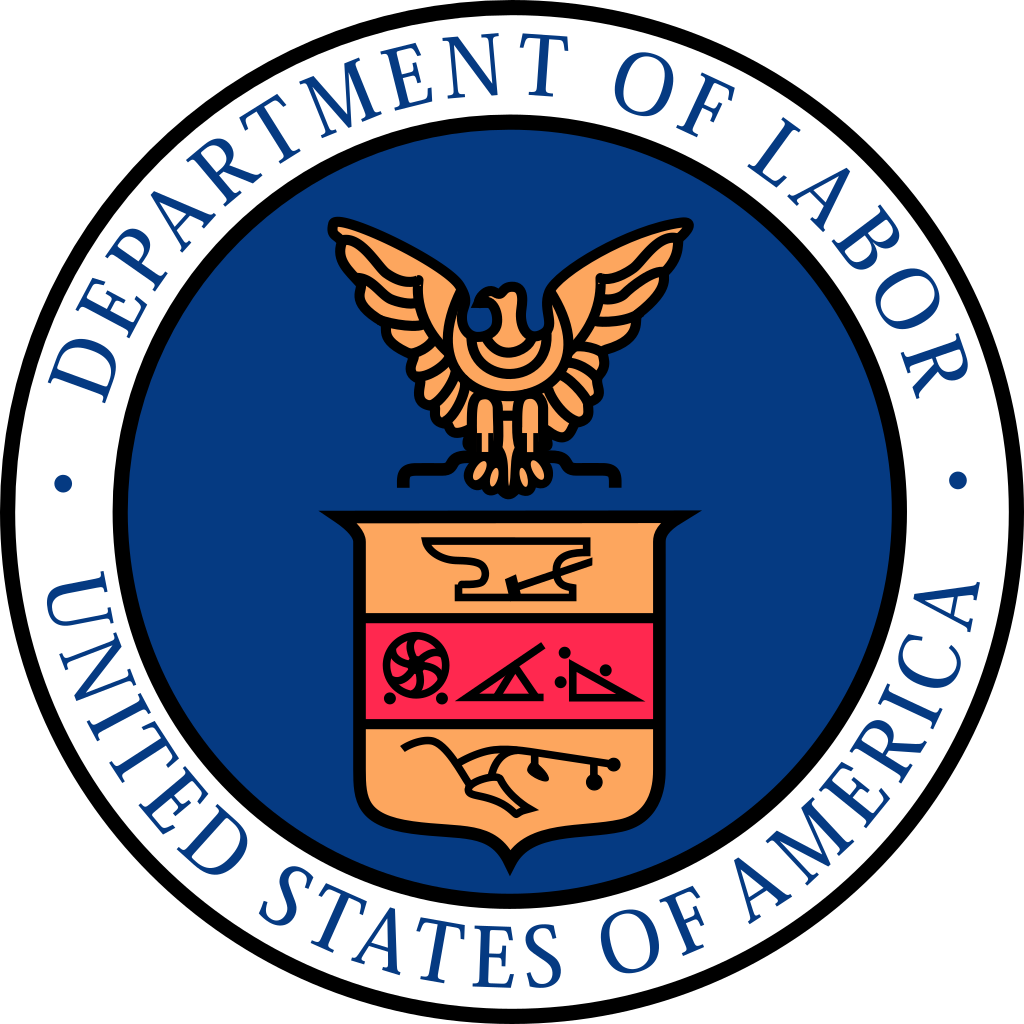Hiring Interns Can Be Very Profitable for Businesses Summer is the most popular time for hiring an intern. High school and college students alike hunt around to fill their summers with meaningful experiences to buff up their resumes and discover their interests. They...
Introducing Students to Career Exploration

Introducing Students to Career Exploration
How Career Exploration Can Help Students Find Their Path
It is important students are exposed to career exploration at a young age so they can become familiar with the many options available in terms of careers. It is undeniably one of the biggest and most challenging decisions that any working person is faced with: what will I do with my life? As we age, it becomes increasingly difficult and terrifying to make big career changes. The older you are and the more responsibilities you have, the scarier it is.
That’s why it is important to try to help young people get it right from the start. Shamrck developed out of this need to help children find their career path at a young age and take the right steps to make their goals a reality. Finding their right career path and being able to tailor their academic and life decisions around that, allows students the opportunity to get it right from the start and not have to start back at square one with education, work experience, and job hunting when they realize they have not followed their passion. The process of trial-and-error can take years, be very expensive, and very upsetting.
What is Career Exploration?
Schools have the basic function of preparing students with the necessary skills required to perform optimally in the workplace. And it is never too soon to start. Given that middle school forms the foundation for high school subject selection, wheels are put into motion early. This is why Shamrck seeks to help students in both middle and high school, allowing them to make more informed decisions about their future.
Career exploration is most commonly taught in middle school. If there is anything that we have learned from living in the 21st century, it is that the fast-paced working world of today is light years ahead of its predecessors. This means that in order to achieve and maintain success, professionals today need to acquire the necessary skills to make them a suitable fit for a specific role as soon as possible. Students, therefore, need passion and affinity for their desired careers. And schools have the responsibility of aiding them in their career exploration journeys, helping them find their interests and capabilities.
Career exploration is the ideal gateway for students to gain some insight through research, evaluation, and learning about career opportunities. Armed with this knowledge, they are put in a better position to understand what skill is required for a specific career, as well as the functions of professionals that are already working in that role. It allows students to interact with industry professionals with classroom speeches, job shadowing, or mentoring.
An essential part of a successful career exploration program is research and evaluation, which allows students to have thoughtful discussions and make informed decisions about their life. Often, self-assessments provide specific careers that students may be interested in, such as Shamrck’s self-assessment . Self-assessments help students pinpoint what they are good at, what they enjoy doing, and what is important to them in their work life.
The Foundation of Career Exploration
Research involves students focusing on themselves and the careers available. They must first explore both their personal and professional identities, goals, interests, strengths, and weaknesses. A self-assessment can be helpful for this task.
The second bit involves, with identified skills, interests, and values in mind, delving into a cluster of careers that are available to them, along with an overview of what those jobs each mean. This entails reading and searching through relevant material, such as reliable websites, and even lectures from knowledgeable educators.
After the research phase, students are in a better position to evaluate, select a few careers that they are interested in, and learn more about the necessary qualifications.
There is no doubt that students will have questions about the careers they have explored, so active participation in discussions about their preferences are vital to provide some clarity. This gives students a chance to talk about what they have learned with their peers and superiors, as well as opening them up to learning about other careers or career branches from each other. Additionally, exposing students to individuals or professionals in a career is highly beneficial in giving them first-hand insight.
Career exploration can be strongly supported by practical experience. Volunteer work and internships provide the opportunity to venture into the occupation or even the general field you are interested in and try it on for size. This allows students to meaningfully decide if it is the right work for them. They can explore the functions of the career, engage and make connections with professionals in the field they are entertaining, and gain every day experience of their potential career and to fully understand the skills they would need to succeed. A tremendous advantage of career exploration is the fact that while students are learning marketable skills for their future, they are working with professionals to help them in their chosen field. These professionals can prove to be incredibly beneficial mentors that are there to provide guidance, help make connections, and give any other helpful career information.
With these elements in hand, students are equipped to make informed decisions and choose a career that they can see themselves in, and begin the necessary planning to get there. This however does not mean that they’re choosing a lifelong career just yet, it just equips them with a better sense of direction.
When Should Career Exploration Be Taught?
Career exploration opportunities should ideally be offered to students throughout their academic careers, beginning at least in middle school. This is simply because there are constant changes in the economic and employment sectors
Some teachers and counselors have begun exposing children to career exploration as young as third grade. The reality is that this exposure to career opportunities can begin at any age and can be managed during both virtual and in-person classes. Luckily, there are many blogs that spell out various activities that can be incorporated into classes to encourage students to become informed about what career is best for them.
Thus students need to be equipped with the necessary changes in terms of scope, requirements, skill, and resources required as jobs evolve. Keeping them up to date plays a vital role in the final decisions that they make in the long run.
The Benefits of Career Exploration
High school is in and of itself stressful and having to decide on careers without any guidance just adds to this stress. Career exploration is a great tool to give students direction by helping them to discover what types of jobs are available after school.
With it, they learn what level of education, experience, and skill is required to perform and succeed in a chosen field, and what income opportunities lie ahead. Apart from these outcomes, career exploration gives students a head start when it comes to learning about the world and life after school.
Helping students understand their careers helps them to understand how they will fit into the working world. By knowing the direction they want, they can set their goals, choose the right classes, schools, and extracurricular activities that will help them to achieve those goals.
Finding a professional that settled on their first career choice is not a common occurrence. In fact, because of a lack of career exploration, most have been through a see-saw of trial and error. That isn’t a bad thing but does result in frustration and lots of time being wasted.
Having a sense of direction through the utilization of proper career exploration tools is not just an option, it is a must. The benefits speak for themselves, and the chance of creating a workforce that is able to adapt and cope in an ever-changing environment is the ultimate driver.
Go to the Shamrck Dashboard today for a personalized career plan and access to local opportunities that will help set you on the path for success.
Internships, Apprenticeships, and Full-Time Work
Weigh Your Options and Decide Which is Best for YouThere are many different options available when it comes to choosing a career path. Do you want to gain more skills before you graduate? Are you looking for practical experience in your field of study? Possibilities...
Women in Healthcare and Life Sciences: The Ongoing Stress of COVID-19
How Women in Healthcare are Managing with the Covid Challenges Check out McKinsey & Company's article: Women have long found a path toward advancement in healthcare and life sciences—from Virginia Apgar, who developed a standard in the 1950s to assess...










